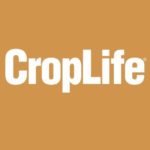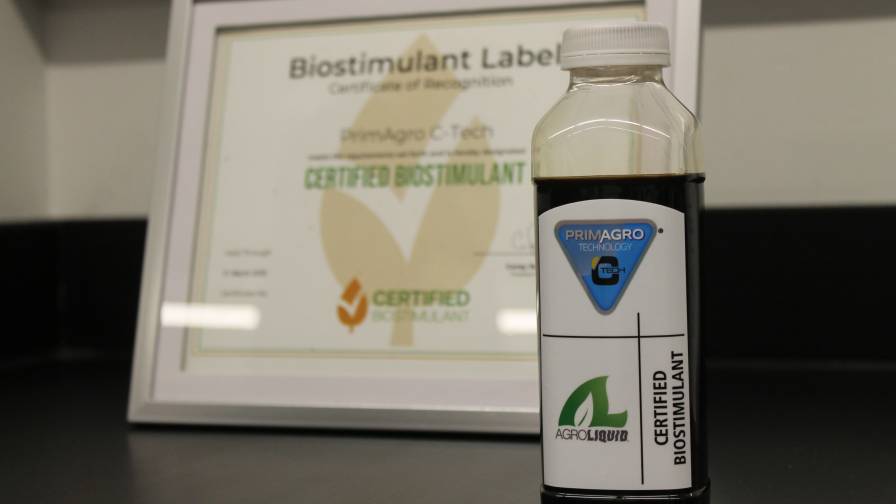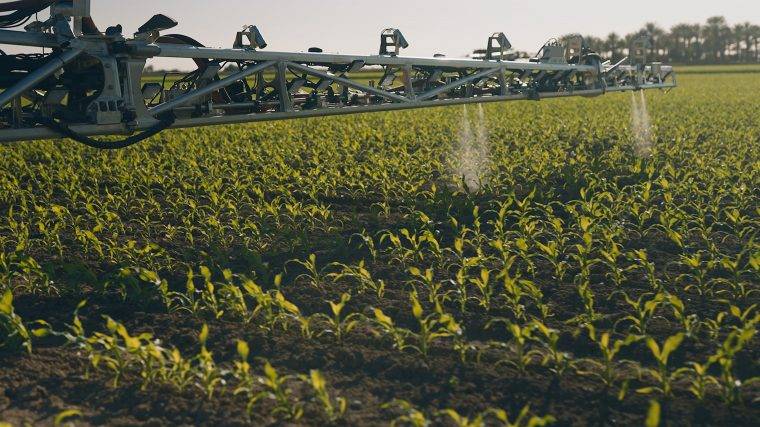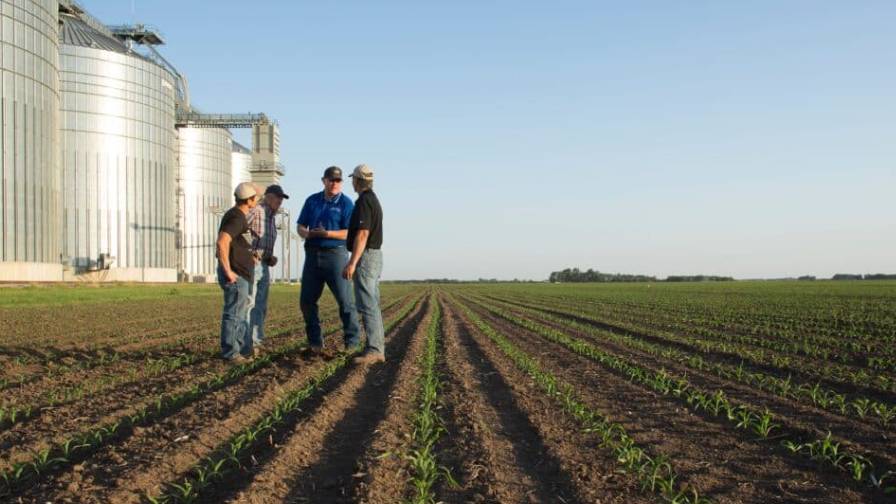Cibus Global Strengthens Science Team
Cibus Global, a pioneering plant trait development firm, has promoted Dr. James Pearce to Director, Molecular Biology. Cibus has also further strengthened its scientific management team with the addition of Dr. David Songstad, who will become Director of Research, Cell Biology.
“James has played an instrumental role in Cibus’ growth during his tenure here, and we are proud to see him rise to a leadership position within the company,” said Greg Gocal, Vice President of Research, Cibus Global. “The addition of David, who comes to us with more than two decades of experience in the industry, will serve to bolster the Cibus team as we enter quite a momentous time for the company. Both James and David will help in the continuous development of Cibus’ proprietary Rapid Trait Development System (RTDS) technology, and we couldn’t be happier to welcome them both to their new roles.”
This announcement follows tremendous growth at Cibus Global. Throughout the past several years, Cibus has successfully secured millions of dollars in research contracts with various key partners, leading to a significant expansion of research and commercial based activities. By utilizing its environmentally safe, smart-breeding technology, Cibus has the unique ability to develop non-transgenic traits in crops around the world.
Dr. James Pearce, Director, Molecular Biology
In his current role, Dr. Pearce’s focus is on the continual optimization of the screening platform and improving the efficiency of the RTDS technology while managing the various programs within the molecular biology group.
Dr. Pearce joined Cibus in 2007 as a Senior Scientist in the Molecular Biology Group. During his six years at Cibus, he has developed many of the tools integral to the current molecular screening platform and has played a key role in building Cibus’ patent portfolio in the United States. Dr. Pearce has also been instrumental in designing and implementing a novel genotyping platform that has been adopted company-wide.
Prior to joining Cibus, Dr. Pearce was part of a small team from Syngenta working on site at Diversa (now BP Biofuels) to manage a research collaboration focused on the application of plant-delivered enzyme technologies in biofuels and animal nutrition fields. Previously, Dr. Pearce served as Syngenta’s technical lead on several projects, including one aimed at producing commercially valuable molecules through assembly of biosynthetic pathways in a heterologous host.
Dr. Pearce obtained an undergraduate degree at the University of Nottingham in the UK before attending the University of Cambridge, where he earned his Ph.D.
Dr. David Songstad, Director Of Research, Cell Biology
Most recently, Dr. Songstad was the New Products Lead for Monsanto promoting the regulatory launch of transgenic drought tolerant corn (MON87460) through third party academic studies. He also was assigned to promote the launch of Monsanto’s stearidonic acid omega-3 soybean (MON87769) effort and the intrinsic yield soybean project.
Previously, Dr. Songstad led the Monsanto corn transformation team that was the first to commercialize Agrobacterium-derived transgenic events, specifically MON88017 (Cry3Bb/CP4) and the first commercial marker-free “2-T DNA” system MON89034 (Cry1A.105/Cry2Ab2). He was also an early contributor to corn tissue culture with the discovery of silver nitrate for control of ethylene in embryogenic corn tissue culture. Additionally, Dr. Songstad was the first to discover pre-cultured immature embryo bombardment as a means to genetically transform maize.
Dr. Songstad has received numerous awards and recognition for his work, including Monsanto’s “Above and Beyond Award” in 2004 as well as the Society for In Vitro Biology (SIVB) Fellow Award in 2005. In 2011, he was elected by his peers as President of the SIVB in 2011 for a term in 2012-2014. Dr. Songstad also serves on the Board of Representatives for the Council for Agricultural Science and Technology (CAST).
He received a B.S. and M.S. from South Dakota State University before attending the University of Tennessee, Knoxville, where he earned his Ph.D.






